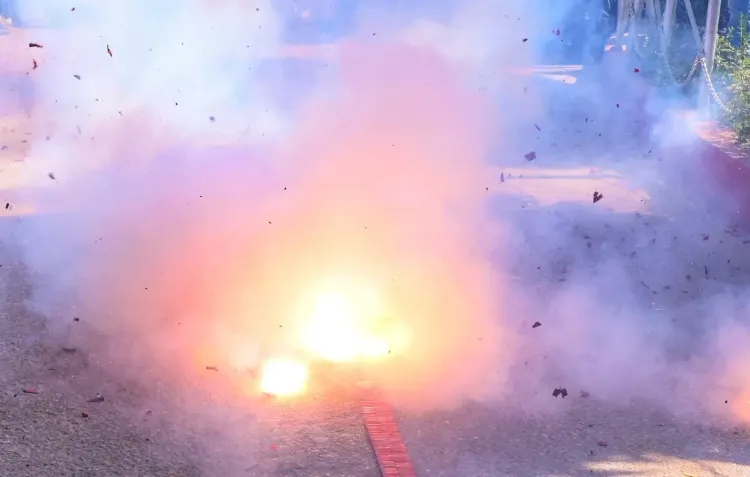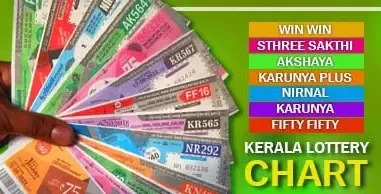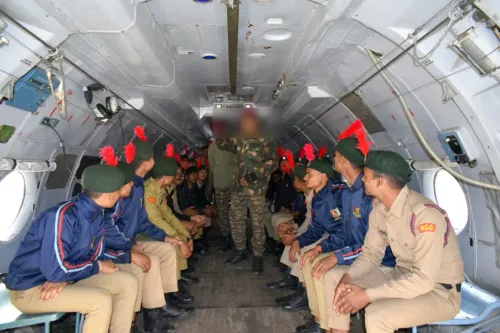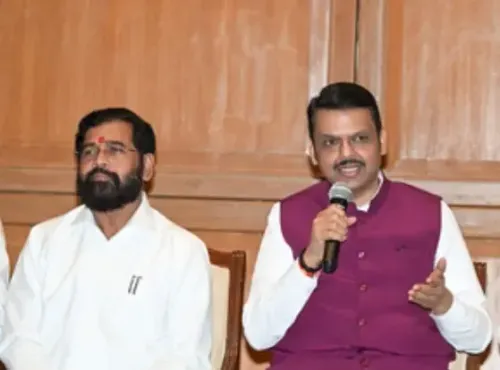Supreme Court Upholds Firecracker Ban in Delhi-NCR

Synopsis
Key Takeaways
- The Supreme Court maintained a total firecracker ban in Delhi-NCR.
- Health rights include living in a pollution-free environment.
- Green crackers cannot be exempted unless proven minimal pollution.
- Public interest litigation concerning pollution control is ongoing.
- The Delhi government was criticized for poor enforcement of the ban.
New Delhi, April 3 (NationPress) The Supreme Court has firmly declined to ease its ruling that enforces a total prohibition on firecrackers within Delhi and the National Capital Region (NCR).
Highlighting the persistently high levels of air pollution, the bench led by Justices Abhay S Oka and Ujjal Bhuyan stated that allowing a firecracker ban for merely 3-4 months annually is insufficient, and no exemptions, even for green crackers, will be permitted.
The bench emphasized that until it is demonstrated that emissions from green crackers are negligible, there will be no grounds for relaxation.
Justice Oka's bench pointed out that the right to health, an integral aspect of the right to life as protected under Article 21 of the Indian Constitution, encompasses the right to exist in an environment free from pollution.
This January, the apex court had prolonged the bans initiated by the Uttar Pradesh and Haryana governments on firecrackers in the NCR.
The court dictated that the bans set by Uttar Pradesh and Haryana, which were initially valid until January 17, should remain in effect until further notice.
In response to an application from the Federation of Fireworks Traders, the bench remarked, "What reason do we have to hear your plea? You must prove that the use of firecrackers does not contribute to pollution. You may sell your products in regions of India that do not have such restrictions."
Previously, the Supreme Court indicated that the bans enacted by the Delhi and Rajasthan governments would only take effect once similar measures were adopted by adjacent states.
The apex court is currently addressing a public interest litigation (PIL) concerning pollution control in Delhi and the NCR.
During the proceedings, it was revealed that while Haryana allowed green crackers, Rajasthan had enacted a total prohibition on firecrackers in the NCR.
The Supreme Court instructed the governments of Uttar Pradesh and Haryana to adopt firecracker bans aligned with those in Delhi.
Prior to this, the court had urged state governments in Delhi and neighboring regions to determine a permanent prohibition on firecracker usage.
The court requested that state governments document their positions, indicating that it might issue essential guidelines regarding the manufacture, storage, sale, and distribution of firecrackers.
"The firecracker ban will aid in reducing both air pollution and noise pollution. We will contemplate issuing necessary directives to the state governments regarding the firecracker prohibition," it stated.
After Diwali in November 2024, the Supreme Court noted that the firecracker ban was poorly enforced in the national capital, criticizing the Delhi government for its inaction. It demanded an affidavit from the Delhi government and the Police Commissioner detailing enforcement measures taken.
The apex court suggested that firecracker vendors' premises should be sealed and emphasized the need to prohibit the importation of firecrackers from neighboring states.










